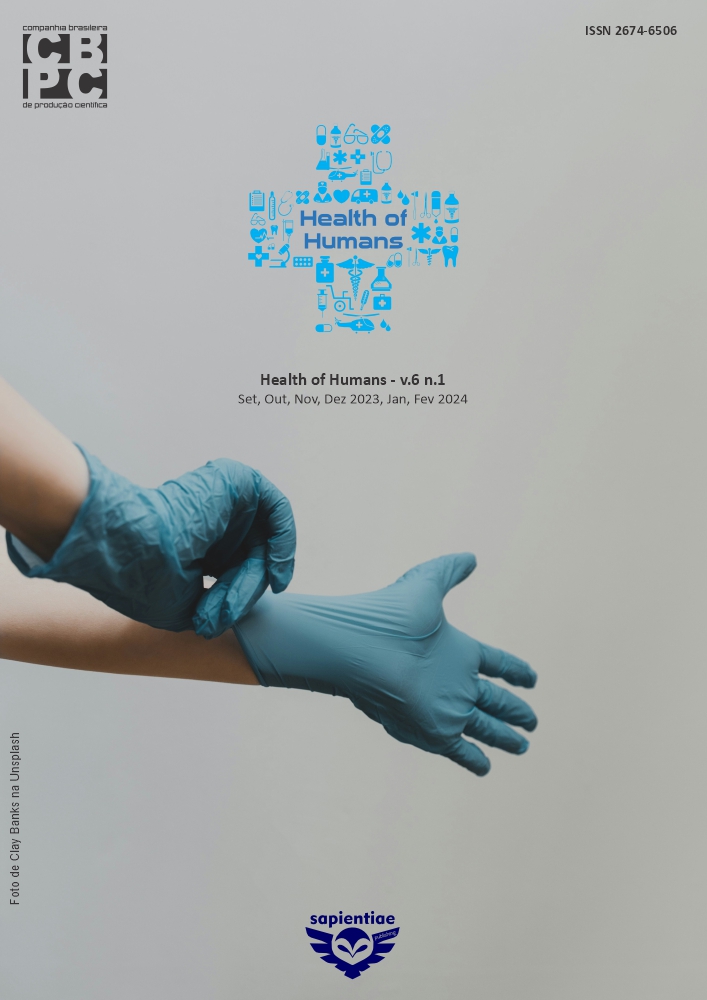Control of total cholesterol in pharmacy patients using artichoke extract (Cynara scolymus)
DOI:
https://doi.org/10.6008/CBPC2236-9600.2022.004.0013Keywords:
Anticholesterolemic agents, Cholesterol, AtherosclerosisAbstract
Cholesterol is synthesized by the liver and acquired through food. However, excess LDL (low-density lipoprotein) in the bloodstream can form atherosclerotic plaques and clog vessels and capillaries. The Cynara scolymus (Artichoke) plant can act as an antiatherosclerotic, lowering blood cholesterol levels. Thus, the objective of this work was to carry out a survey on the main factors related to cholesterol levels and to analyze the effect of the use of Cynara scolymus extract in relation to hypercholesterolemia in patients at the Municipal Pharmacy of Ubá-MG. For this purpose, investigative questionnaires were applied to patients at the pharmacy to assess various factors related to cholesterol. A group of 20 people who claimed to have high cholesterol were selected to undergo blood tests and assess their cholesterol level. It was observed that 10 patients had high total cholesterol, and they were divided into two groups of 5 people: an experimental group, in which participants used Cynara scolymus extract and the other group medicated with placebo. After one month of medication consumption, there was greater oxidizing activity in patients in the artichoke group, reaching a decrease of up to 21% in cholesterol levels, compared to patients in the control group. Thus, the use of Cynara scolymus seems to help control plasma cholesterol.
Downloads
Downloads
Published
Issue
Section
License
Copyright (c) 2023 Scire Salutis

This work is licensed under a Creative Commons Attribution-NonCommercial-NoDerivatives 4.0 International License.
The CBPC - Companhia Brasileira de Produção Científica (Brazil CNPJ: 11.221.422/0001-03) the material rights of the published works. The rights relate to the publication of the work anywhere in the world, including rights to renewals, expansions and dissemination of the contribution, as well as other subsidiary rights. All electronically published works may subsequently be published in printed collections under the coordination of this company and / or its partners. The authors preserve the copyright, but are not allowed to publish the contribution in another medium, printed or digital, in Portuguese or in translation.








